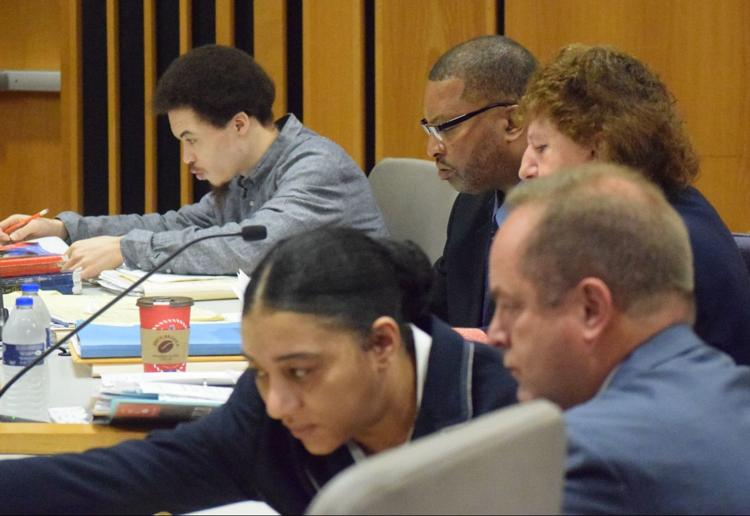
(L to r) Marcie Griffin, attorney Todd Flood, attorney Suzanne Kostovski, George Rider, and Eric Griffin during trial. Photo: Macomb Daily
Flawed MSP forensic evidence casts doubt on identity of true killer; lab focus of controversy for decades
In separate federal case, Johnson’s boyfriend Lattner pled guilty to possession of Ruger also examined in murder case, lab originally ID’d Gibson’s DNA on it
Jury mostly white; current census figures show large increases in Black population in Eastpointe (nearly 50%), Warren, other Macomb Cty. cities
Role of federal government agents in pointing prosecution towards Rider, et. al. questioned
By Diane Bukowski
June 12, 2019 Updated June 14, 2019

Add for benefit held for Julii Johnson family after her murder. She had 2 children.
UPDATES/ CORRECTIONS:
VOD spoke with defendant George Rider today, who called from the Macomb County Jail after his June 7 conviction of first-degree murder in the slaying of Julii Johnson.
Mr. Rider disputed information that has been published in the mainstream media as well as the Voice of Detroit regarding several matters.
“Neither I nor Eric Gibson ever knew [co-defendant] Marcie Griffin,” Rider said emphatically, referring to published reports that he and Griffin were lovers. Those reports claimed that Griffin hired Gibson through Rider to kill Johnson, the girlfriend of J. Terrell Lattner. Lattner is the father of two of Griffin’s children.
The mainstream media has sensationalized the case, portraying it as a lover’s triangle with Rider doing the bidding of a scorned Griffin. She is portrayed unflatteringly in published photos. VOD was able to cover the trial in person one day, and noted that Griffin is actually an attractive, well-groomed and composed woman.
One website called  Lipstick Alley headlined a YouTube video from Channel 7 News:
Lipstick Alley headlined a YouTube video from Channel 7 News:
Boyfriend’s Baby Momma executed a hit on his NEW GIRLFRIEND
This WXYZ news coverage is typical of many mainstream media stories, using unsubstantiated police comments, such as the one regarding an unidentified person leaving a vehicle (Warren police SAID he was George Rider), rumors and innuendo, to convict the defendants TWO YEARS before they were actually tried. Also typical are statements from relatives of victims who say they are “so happy” the murderers have been caught, without any proof yet presented.
 “Judge [Joseph] Toia should never have allowed text messages from an unknown person sent to Griffin into testimony,” Rider said. “When they seized Marcie Griffin’s phone, the phone number I had was in her phone, but I did not have possession of that phone at the time of those messages. Police seized that phone from me later when they arrested me Feb. 4 in Roseville.”
“Judge [Joseph] Toia should never have allowed text messages from an unknown person sent to Griffin into testimony,” Rider said. “When they seized Marcie Griffin’s phone, the phone number I had was in her phone, but I did not have possession of that phone at the time of those messages. Police seized that phone from me later when they arrested me Feb. 4 in Roseville.”
Mainstream media reports also claimed that Rider was an owner of the cell phone company involved, without naming it. However, Rider said that one Charles Luckett is the resident agent of Midtown Entertainment, LLC, the company in question, which is confirmed by State of Michigan records. He said the mother of one of his children IS associated with the company, and that Eric Gibson at times ran errands for her.
VOD has contacted Suzanna Kostovski, Rider’s lawyer, for further comment. Rider said an appeal of the convictions is definitely in the works.
CONVICTION OF GEORGE RIDER, MARCIE GRIFFIN, ERIC GIBSON IN MURDER OF JULII JOHNSON JUNE 7
(Includes excerpts and information from stories by Jameson Cook of the Macomb Daily, Scott Burnstein of the Gangster Report, and VOD reporter Ricardo Ferrell. VOD was not able to be present for most of this trial.)
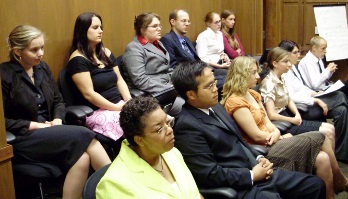
Mostly white jury; generic, not jury in this case.
DETROIT – A majority-white Macomb County jury on June 7 convicted George Rider, 61, of Huntington Woods, Marcie Griffin, 48, of Eastpointe, and Eric Gibson, 26, of Detroit, of first-degree murder in the Jan. 13, 2017 slaying of Julii Larrie Johnson, 34.
The defendants, all of whom are Black as was the victim, will be sentenced to mandatory life-without-parole terms in front of Macomb County Circuit Court Judge Joseph Toia, also white, on July 31. Gibson was also convicted of possessing a firearm during the commission of a felony.
“Sadly, the system is rigged in a way that common everyday citizens can be swept up, arrested, and thrown in jail for two years and four months with numerous delays and postponements before having their day in court, only to be railroaded through a process replete with constitutional violations and obvious injustices,” noted Ricardo Ferrell, a VOD reporter who has been following the story.
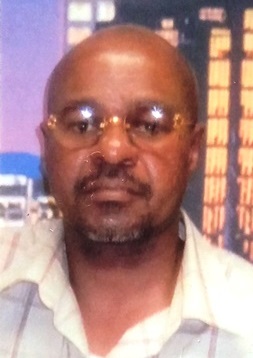
VOD staff writer Ricardo Ferrell
*Currently there is a probe by authorities looking into illegal activities by Macomb County Prosecutor Eric Smith,” Ferrell added. “The level of corruption that exists in this racist county leads me to conclude that justice will never prevail for these three defendants unless a fair and impartial judge is assigned to preside over a new trial, in a different county.”
Reporter Scott Burnstein of the Gangster Report wrote, “The only evidence connecting the 60-year old Rider and the 26-year old Gibson [the alleged shooter] are ‘pings’ from cell phone towers in the Metro Detroit area placing them in the same vicinity on the day Johnson was murdered. Nonetheless, Rider, Griffin and Gibson were indicted together on February 24, 2017 and have been held without bail ever since.”
Warren and Roseville police first arrested Rider Feb. 4, 2017 in Roseville, and subjected him to a warrant-less search and seizure of his vehicle and two cell phones.
Rider is well-known in Detroit as a long-time property owner and entrepreneur in the former Paradise Valley/Cass Corridor/Brush Park district. That area is now called “Midtown” and largely owned by whites, including billionaire Dan Gilbert and the Illitch family. It features the Red Wings, Comerica Park, and Ford Field sports arenas, along with “gentrified” shops, restaurants, and retail stores.
Rider has also been in the sights of the federal government for years, having served two stints for narcotics trafficking. He was last released in 2003. Mainstream media reports continually say he is “suspected” in other murders. But they give no specifics, other than the unsolved murders of three former owners of the Fine Arts Theater on Woodward, which community activists have long attributed to white corporate gentrifiers.
Boyfriend Lattner pleads guilty in federal court to possession of one of two guns examined in murder; MSP crime lab mixed up DNA tests on both
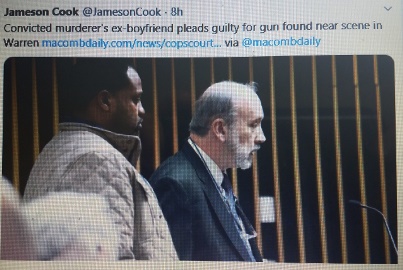
J. Terrell Lattner with atty. John Royal appears before USDC Judge Mark Goldsmith June 3, 2019
Johnson was found shot seven times in the head and torso to death outside a Warren condo owned by her boyfriend Jim T. Lattner Jr., 44, early on the morning of Jan. 13, 2017.
Allegedly, the bullets found in her body at the morgue were “unidentifiable.”
Lattner, who was home at the time, was the first suspect police identified in Johnson’s murder. They seized large amounts of drugs and guns from Lattner’s condo and his vehicle, which was outfitted with hidden compartments commonly used by drug dealers.
Burnstein wrote, “Lattner, 44, has two drug dealing convictions on his rap sheet from when he was the leader of the World Domination Gang in the late 1990s and early 2000s. He did six years in prison and got out in 2010.”
According to sources, agents from the federal government ATF, FBI and Violent Crime Task Forces intervened to point the prosecution in the direction of Rider. They allegedly met June 23 at Warren Police headquarters with Warren police and other entities.
The Johnson murder trial jury never heard that Lattner had pled guilty on June 3 in a separate federal court case to felon-in-possession of the .44 caliber Ruger found by Warren police in his truck parked outside the condo the morning of Johnson’s death. He earlier took the Fifth Amendment at the murder trial, refusing to answer any questions at all, or acknowledge his relationship with Johnson. He is facing up to 10 years in prison on the federal weapons charge.
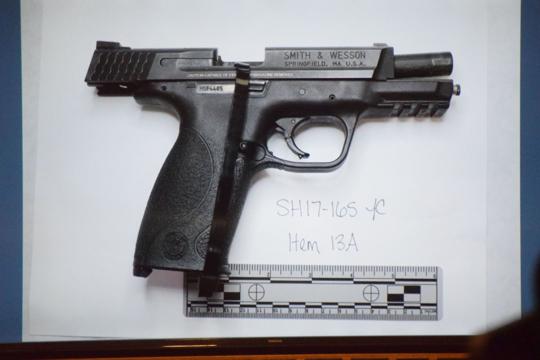
Smith and Wesson handgun shown at trial as murder weapon. Original photo by Warren Police.
Two days after Johnson’s death. a separate team of Warren police found a Smith & Wesson handgun in fields near the condo, on a path ending at a nearby L.A. Fitness Center on Mound Rd. They turned it over to the state police for testing to see if it was the murder weapon.
The team of police first on scene the day of the murder conducted a canine search of the area for an entire day, according to a Fox 2 news report Jan. 13, 2017. Fox 2 reported that they were unsuccessful in producing any gun, or any other physical evidence.
A police team later found “work” gloves on the same path that allegedly had Gibson’s DNA on them. Police also reported they examined a video of a white Nissan Pathfinder parking in the LA Fitness lot and reported that an individual inside emerged on the day of Johnson’s murder. They did not conclusively identify that individual, though they claimed it was George Rider.
“A possible mix-up of DNA samples by Michigan State Police forensic scientists took center stage Wednesday at the trial of three defendants accused of murdering an Oak Park woman in Warren.” Jameson Cook of the Macomb Daily reported May 30.
He went on, “Initial analysis of DNA collected from the Smith & Wesson handgun show[ed] Lattner’s DNA on the trigger/slide and no DNA from Gibson, while the same gun’s grip showed Gibson’s DNA and none from Lattner.”

Ruger pistol found in Lattner’s truck the day of Johnson’s murder. He pled guilty June 3 to felon in possession of this firearm in separate federal case.
He added later, “The initial analysis of the Ruger showed Gibson’s DNA on “grip” or handle, and none of Lattner’s DNA . . . .The possible switch of DNA samples taken from the two guns prompted MSP Crime Lab officials to recollect and re-examine samples. The DNA analysis of the second set of samples provided different results that are more in line with law enforcement’s theory of the case.”
According to Cook, defense attorneys were in an uproar after three employees of the crime lab at various locations testified about the alleged mix-up.
“The potential mistake at either the MSP Sterling Heights or Northville lab has prompted incredulity from defense attorneys who contend that perhaps a mistake was not made because the initial test results point to Lattner as having a role in the incident, shifting blame from their clients,” Cook wrote. “They say it also throws into question all of the DNA testing in the case.
Cook continued, “MSP Forensic Scientist [Jennifer Jones] said that didn’t make sense because the results were “inconsistent with the case facts as described by the agent (Warren police),” Jones wrote in her report. The results didn’t jive because because Warren police were “trying to place the suspect on this weapon (the Ruger),” a superior to Jones wrote in an email received by Jones.

Jennifer Jones, MSP forensic biologist
Jones also noted that the gun was owned by Lattner and was in his vehicle, so more likely to have his DNA on it.
The Michigan State Police Crime Lab has been the focus of controversy over falsified tests for decades, resulting in part from its employment of State Troopers instead of qualified forensic scientists. A coalition of defense attorneys filed suit against the Lab in 2015. See https://www.theoaklandpress.com/news/nation-world-news/southfield-attorneys-accuse-msp-crime-lab-of-negligence-and-incompetence/article_e14da3c6-0de3-50f9-bf51-836fae65beae.html
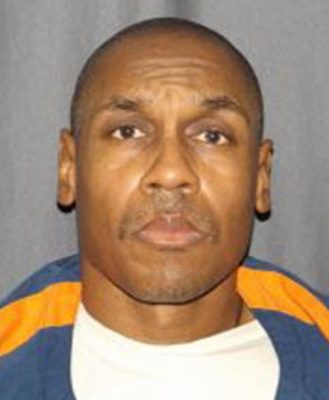
Michael Harris, co-founder of People’s Crime Lab Task Force
In 2011, a coalition of prisoners and their families formed The People’s Crime Lab Task Force to fight results from both the Detroit Police Crime Lab, closed in 2009, and the MSP lab. Wayne County Prosecutor Kym Worthy hijacked what was supposed to have been an independent investigation of 147 cases from the Detroit lab. Only four defendants’ cases were examined, and all were re-tried and found guilty again.
One of the founding members of the Crime Lab Task Force, Michael Harris, remains in prison convicted of the rape-murders of three women in the Lansing area during the 1980’s. The MSP lab originally handled the forensics including fingerprinting.
Harris’ lawyer suggested the lab had planted the print. Updated DNA testing of a sample from one of the murders, done by the MSP lab, subsequently identified another man as the perpetrator. Since then, Harris has not been exonerated of that murder, and the other man has not been charged. See: https://www.freep.com/story/news/local/michigan/2016/10/20/michael-harris-print-muder-case/92452236/
Racial composition of jury challenged by defense: only 3 Blacks in county where cities like Eastpointe are approaching majority Black populations
Judge Toia maintained an outwardly patient and respectful demeanor as defense attorneys brought forward various motions, during the trial, but denied all of them.
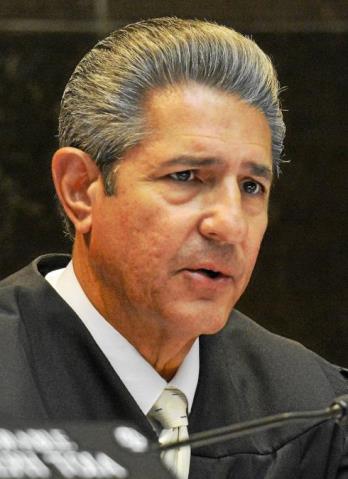
MCCC Judge Joseph Toia
In particular, attorneys for Rider and Gibson disputed the racial make-up of the jury in a special session. They pointed out that the percentage of jury questionnaires returned from predominantly white areas of Macomb County was 70 percent, while cities with larger populations of color returned only 50 percent of their questionnaires.
Prosecutors at this murder trial claimed Toia had no authority to deal with the jury selection problem. However, two judges in the Third Judicial Circuit Court of Wayne County did deal with it.
The Michigan legislature had abolished Detroit’s Recorder’s Court, with jurors and judges drawn only from Detroit, in reaction to the conviction of white police officers Larry Nevers and Walter Budzyn for murdering a Black Detroiter, Malice Green.
They replaced it with the Third Judicial Circuit Court, covering all of Wayne County, which was not a majority Black, although most defendants in that court to this day are Black.
Sapala ordered additional questionnaires sent to zip codes in Wayne County with predominantly Black populations to balance the matter. However, the problem re-emerged later when most Black potential jurors were assigned to 36th District Court, shorting the venire of Black jurors for the Third Judicial Court. Judge Deborah Thomas waged a determined years-long campaign in an attempt to correct that situation
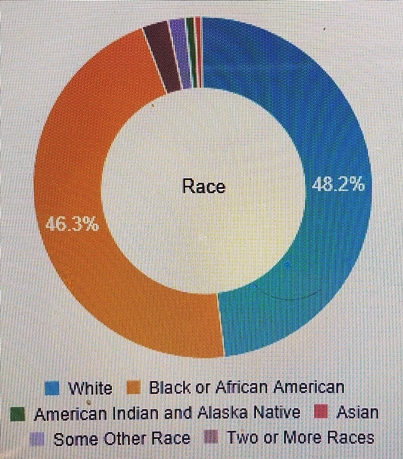
Graph showing 2019 population of Eastpointe/WorldPopulationReview.com
The omission of Black jurors was especially glaring for Marcie Griffin, a resident of Eastpointe, where residents of color now exceed the number of white residents.
“The jury, comprised of nine whites and three blacks had the appearance of a deck already stacked against the defendants,” Ferrell noted.
“During the voir dire the prosecution utilized his preemptory challenges to exclude potential Black jurors. Assistant Prosecutor Jurij Fedorak during an impromptu hearing in the middle of trial claimed that the jury pool in Macomb County doesn’t have enough Blacks in it . . . but that is a blatant untruth because in the City of Eastpointe alone there [are nearly 50 percent] of African-Americans residing there, so why not choose from that demographic?”
Toia excused two jurors, whose race was not noted in the Macomb Daily coverage, one for “scheduling reasons” and the other for allegedly having “non-verbal contact” with witnesses, leaving only 12 on the jury panel.
Defendants alleged violations of U.S. Constitution governing right to speedy trial, fair jury, due process
Early on, both Rider and Gibson unsuccessfully filed motions for dismissal of the charges based on state and federal constitutional violations, particularly of the U.S. Fourth, Sixth and Fourteenth Amendments, relating to illegal search and seizure, and denial of a speedy trial, a fair jury, and due process.

MCCC Judge Jennifer Faunce (l) was finally removed from Rider’s case due to conflicts of interest including the involvement of her sister 37th DC Judge Suzanne Faunce (r) in Rider’s bindover.
Rider’s first Circuit Court Judge Jennifer Faunce repeatedly postponed hearings on his motions for dismissal, until she was finally recused by the Chief Judge due to her ties with Rider’s District Court Judge Suzanne Faunce, her sister, who belatedly signed warrants after Warren police seized Rider’s vehicle and cell phones.
This writer, VOD’s editor, has noted a similar pattern in other cases in Macomb County’s courts. In one case, a Black teen defendant was arraigned on June 6, 2017. The arraignment was sensationalized by mainstream media the next day, clearly showing the defendant’s image. No subsequent public hearings were held in court until his date of sentencing two years later. He pled guilty on the advice of counsel despite the existence of alibi witnesses who never testified, and the fact that other witnesses who claimed to have identified him said his head was covered with a hood.
Related stories:
http://voiceofdetroit.net/wp-content/uploads/Murder-Trial-Ends-With-Conviction-Ferrell.pdf
____________________________________________________________
DONATE TO VOICE OF DETROIT
 Donations for the Voice of Detroit are always needed to keep this paper, which is published pro bono, going. Among ongoing expenses are quarterly Lunar Pages web host charges of $350, costs for court documents, internet fees, office supplies, gas costs, etc. Please, if you can:
Donations for the Voice of Detroit are always needed to keep this paper, which is published pro bono, going. Among ongoing expenses are quarterly Lunar Pages web host charges of $350, costs for court documents, internet fees, office supplies, gas costs, etc. Please, if you can:
DONATE TO VOD at
https://www.gofundme.com/VOD-readers-up.
Mail checks to M. Diane Bukowski, Editor Voice of Detroit, LLC, P.O. Box 35278, Detroit, MI 48235
______________________________________________________________


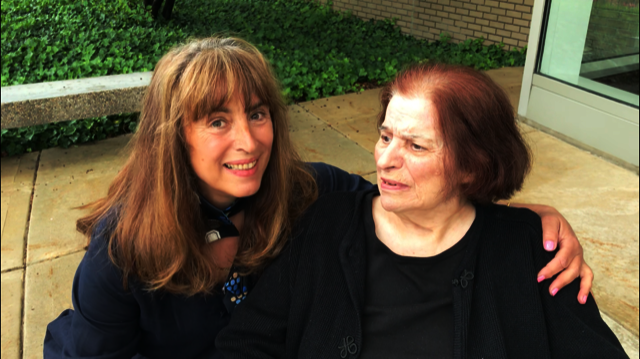




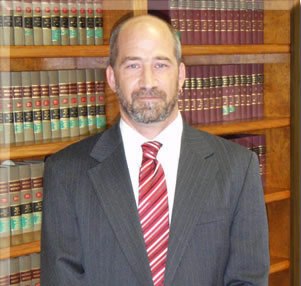
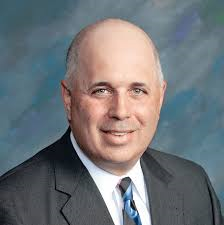

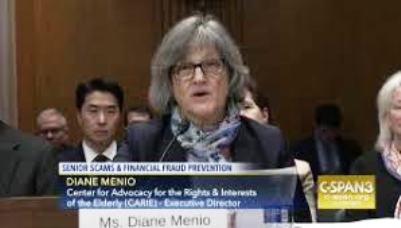
 “Society doesn’t see elderly people,” Menio said. “The abuse of them is underreported. People take advantage of them. Making sure we have protections in place for the elderly population is extremely challenging.”
“Society doesn’t see elderly people,” Menio said. “The abuse of them is underreported. People take advantage of them. Making sure we have protections in place for the elderly population is extremely challenging.”

 Donations for the Voice of Detroit are always needed to keep this paper, which is published pro bono, going. Among ongoing expenses are quarterly Lunar Pages web host charges of $350, costs for court documents internet fees, office supplies, etc. Please, if you can:
Donations for the Voice of Detroit are always needed to keep this paper, which is published pro bono, going. Among ongoing expenses are quarterly Lunar Pages web host charges of $350, costs for court documents internet fees, office supplies, etc. Please, if you can:




 It’s time to stop misdirecting hundreds of billions of dollars away from domestic and human needs to pad unnecessary budget lines for endless wars, failed weapons and the Pentagon’s corporate handouts.
It’s time to stop misdirecting hundreds of billions of dollars away from domestic and human needs to pad unnecessary budget lines for endless wars, failed weapons and the Pentagon’s corporate handouts.


 VOD: This story from the Moscow Times sheds an entirely different perspective on what passes for “news” from the U.S. corporate-controlled media. We would be well-advised to see how the rest of the world views our country. The map at left shows the miniscule size of the U.S. when compared to the former Soviet Union, China, India, Africa, Latin America, and others.
VOD: This story from the Moscow Times sheds an entirely different perspective on what passes for “news” from the U.S. corporate-controlled media. We would be well-advised to see how the rest of the world views our country. The map at left shows the miniscule size of the U.S. when compared to the former Soviet Union, China, India, Africa, Latin America, and others.






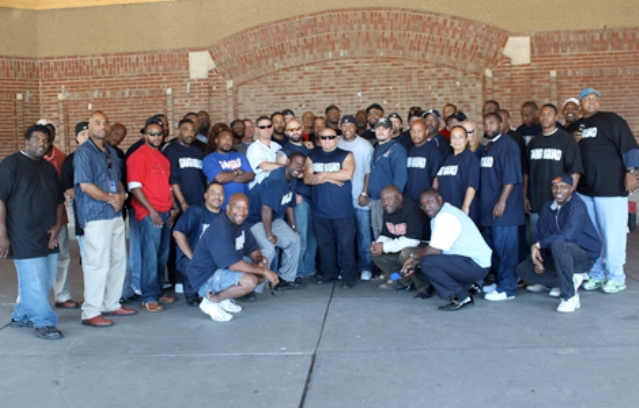
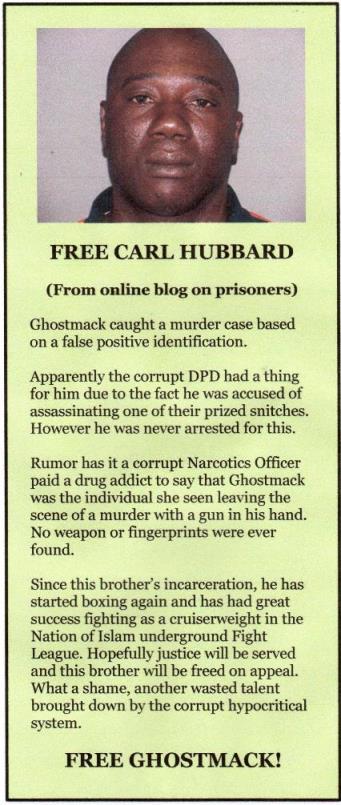
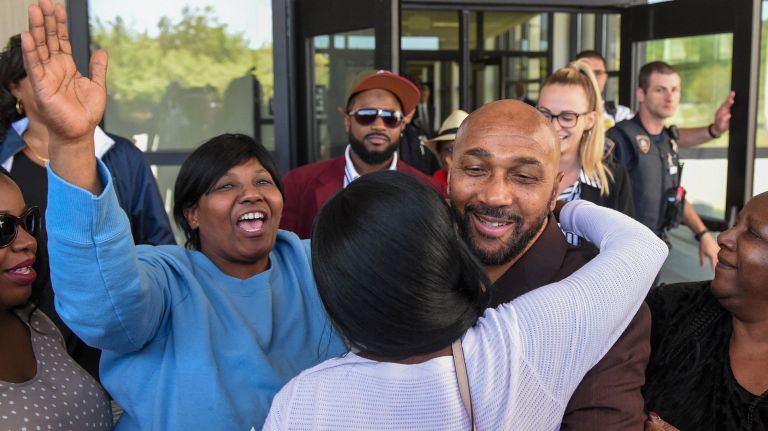

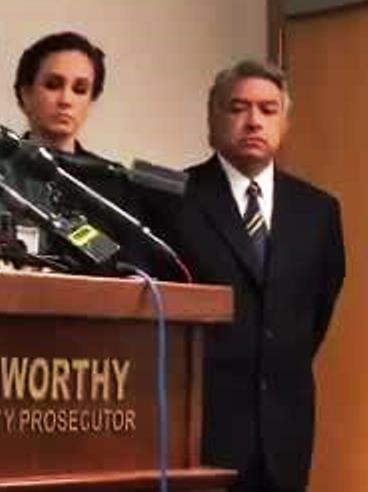
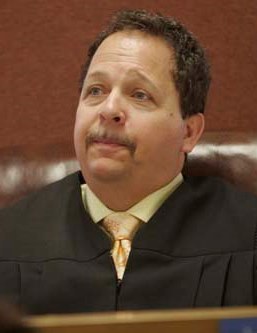
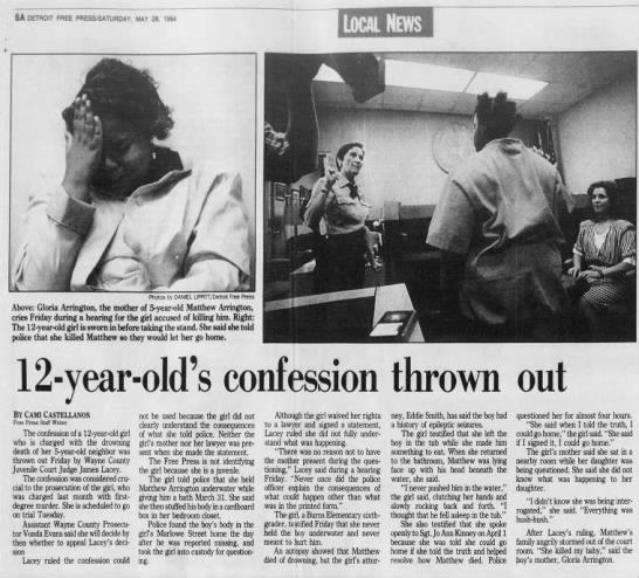 Earlier, in 1992, (above) Kinney interrogated a 12-year-0ld girl charged with the murder of an infant she was baby-sitting for. The child’s attorney said the infant had epilepsy, which likely caused him to drown in the tub when the girl went to the kitchen to get food ready. Juvenile Court Judge James Lacey threw the confession out, citing the fact that the child had neither her mother nor an attorney present during Kinney’s interrogation.
Earlier, in 1992, (above) Kinney interrogated a 12-year-0ld girl charged with the murder of an infant she was baby-sitting for. The child’s attorney said the infant had epilepsy, which likely caused him to drown in the tub when the girl went to the kitchen to get food ready. Juvenile Court Judge James Lacey threw the confession out, citing the fact that the child had neither her mother nor an attorney present during Kinney’s interrogation.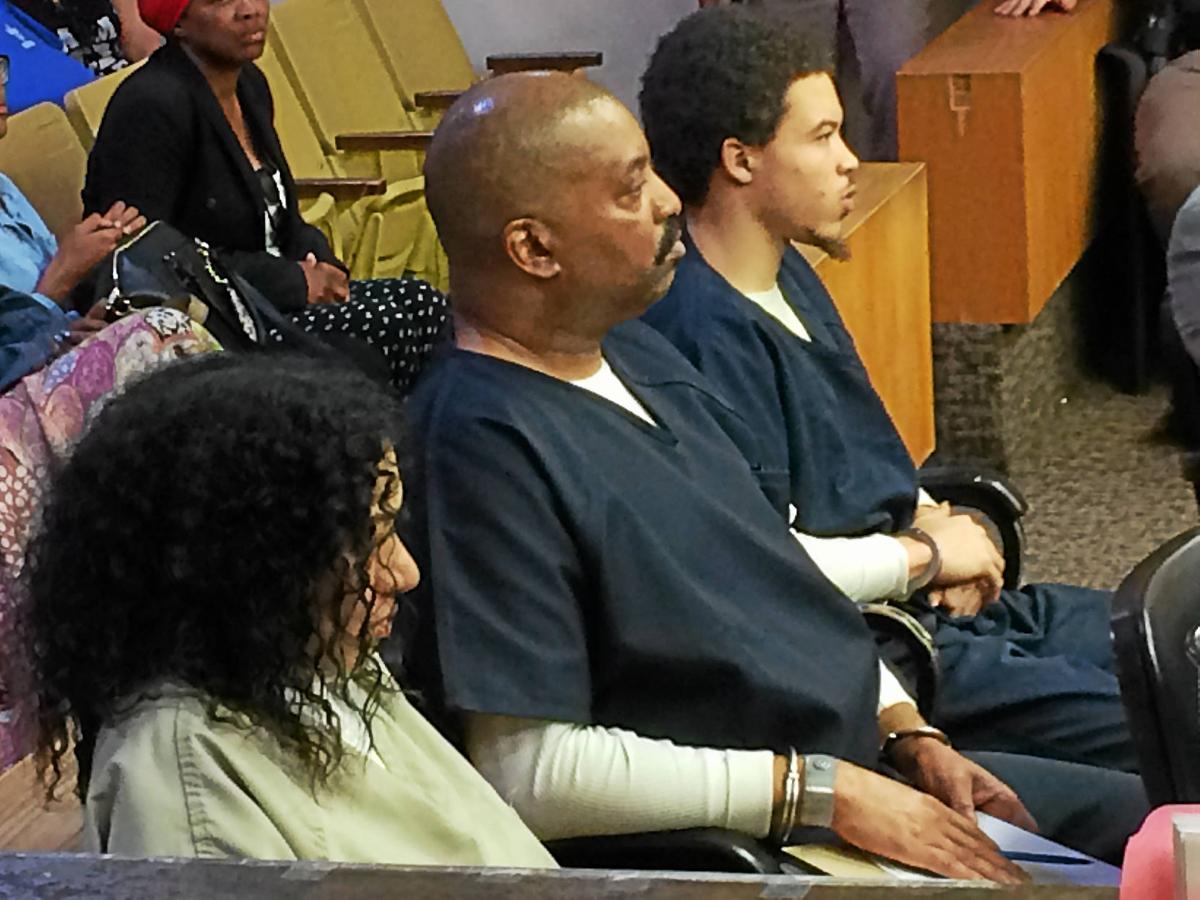

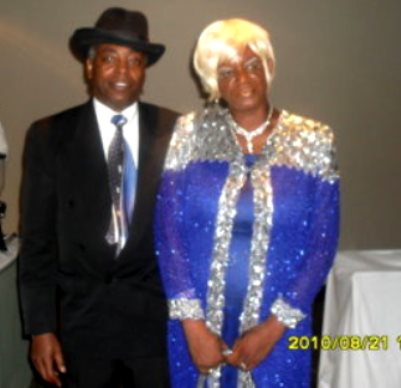
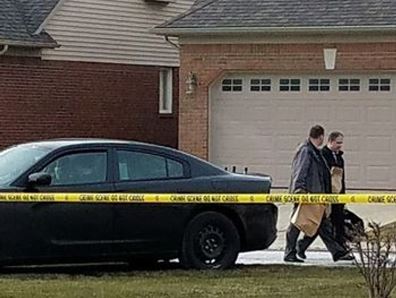
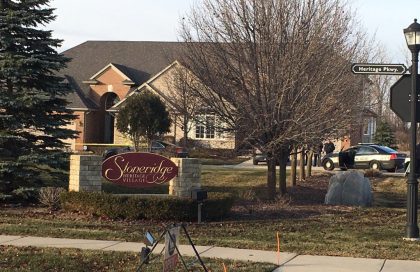
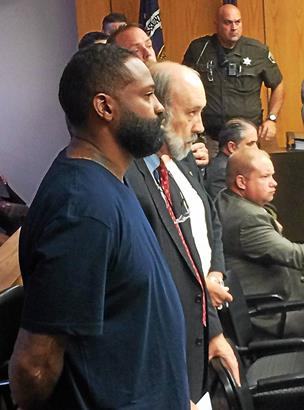
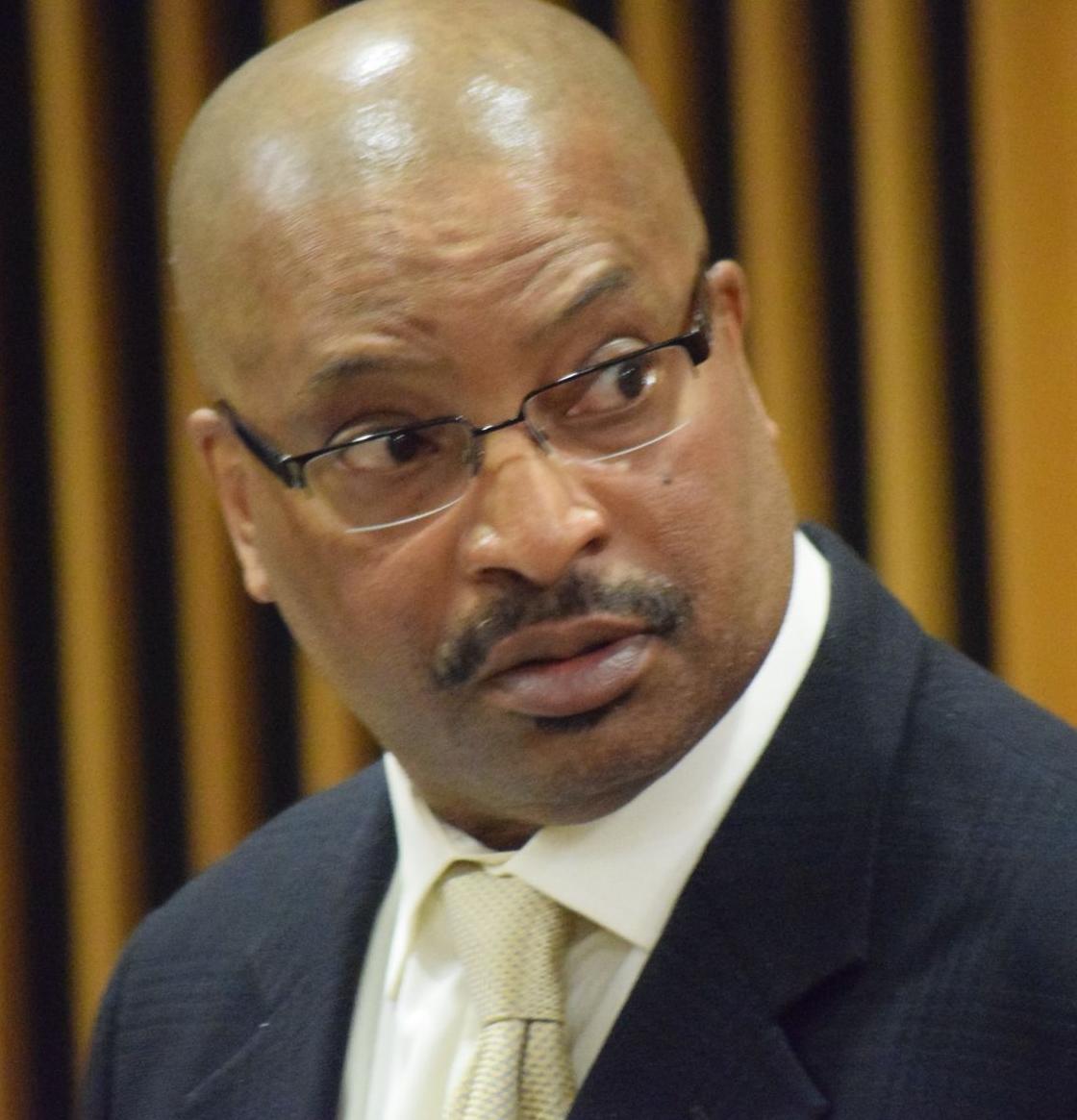
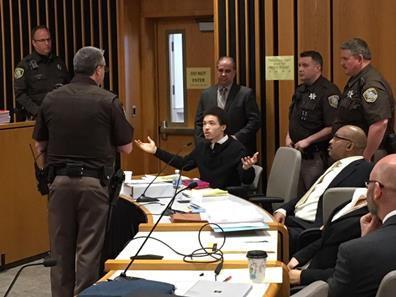
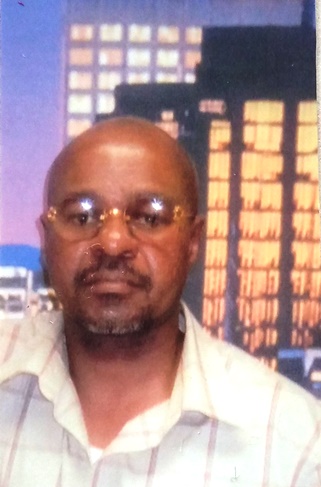
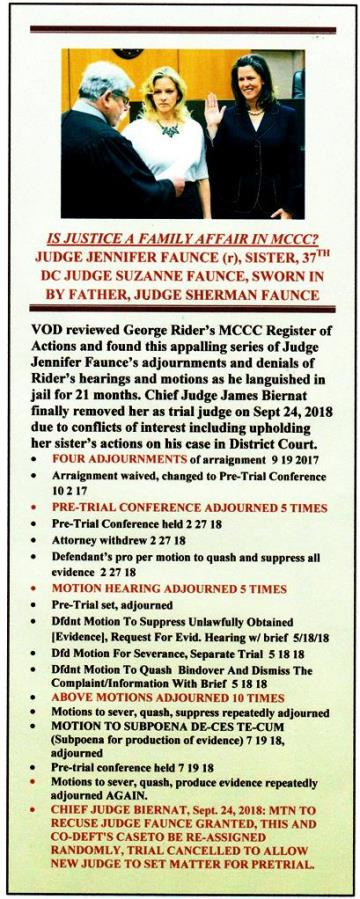 There have been numerous postponements and delays in the high profile case, and Rider has remained in the Macomb County Jail ever since his unlawful arrest without bail since February 2017. He is on trial for the murder of a Warren woman, Julii Johnson, who was shot outside of her boyfriend’s condominium in Warren on Friday, January 13, 2017. Then on February 4, 2017, both Roseville and Warren police tracking a ping from a cellphone believed to connect the user of the cellphone and suspect Marcie Griffin stopped Rider outside a Roseville car wash on Gratiot near 12 Mile Rd. They converged on Rider and blocked the Ford Explorer and ordered him to exit the vehicle
There have been numerous postponements and delays in the high profile case, and Rider has remained in the Macomb County Jail ever since his unlawful arrest without bail since February 2017. He is on trial for the murder of a Warren woman, Julii Johnson, who was shot outside of her boyfriend’s condominium in Warren on Friday, January 13, 2017. Then on February 4, 2017, both Roseville and Warren police tracking a ping from a cellphone believed to connect the user of the cellphone and suspect Marcie Griffin stopped Rider outside a Roseville car wash on Gratiot near 12 Mile Rd. They converged on Rider and blocked the Ford Explorer and ordered him to exit the vehicle



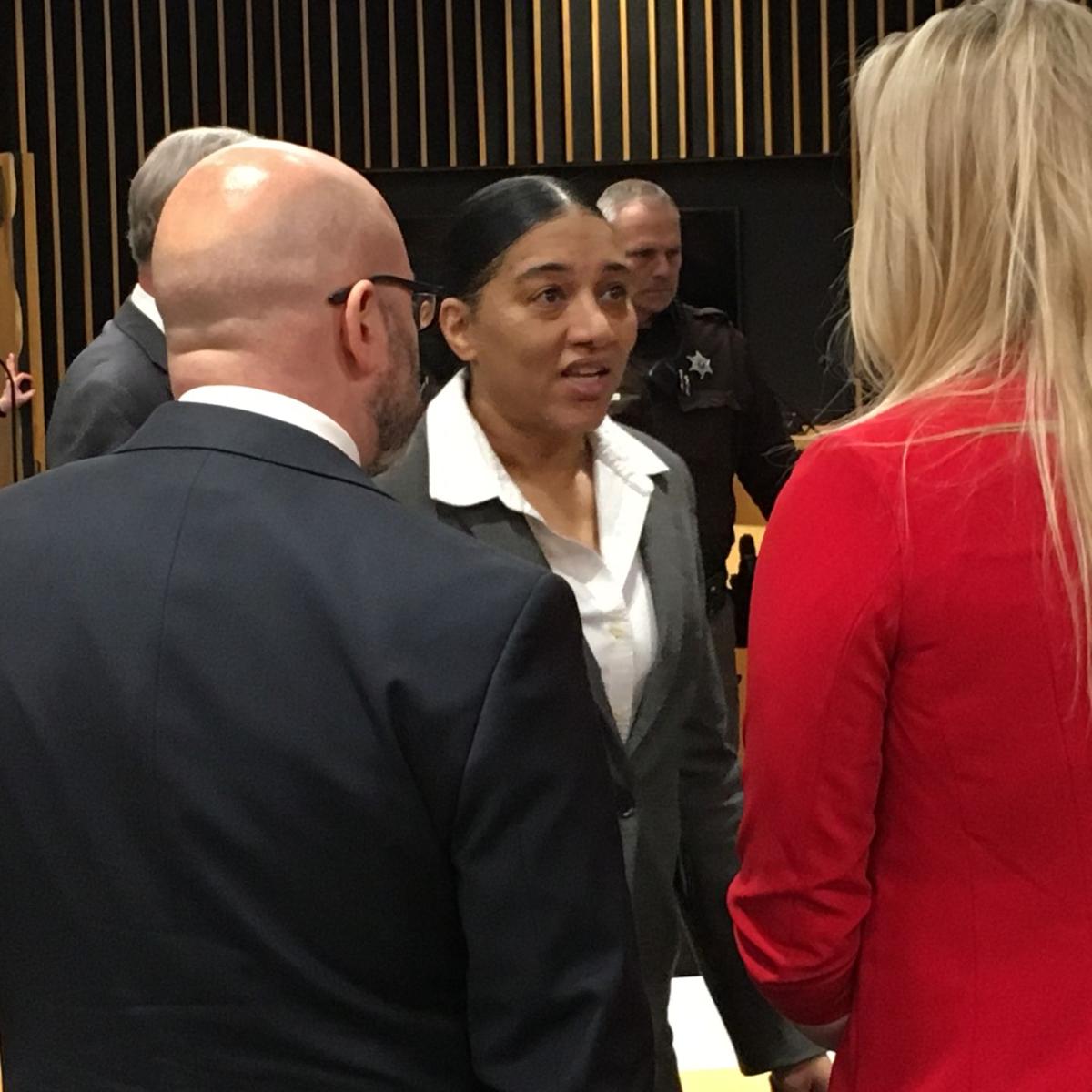
 And, is it highly likely that many of those mentioned in this article either intentionally, or inadvertently colluded in a corrupt, concerted, and conspiratorial fashion in bringing the murder charge against Rider, in an effort to get him off the streets, no matter what it takes.
And, is it highly likely that many of those mentioned in this article either intentionally, or inadvertently colluded in a corrupt, concerted, and conspiratorial fashion in bringing the murder charge against Rider, in an effort to get him off the streets, no matter what it takes. 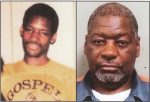
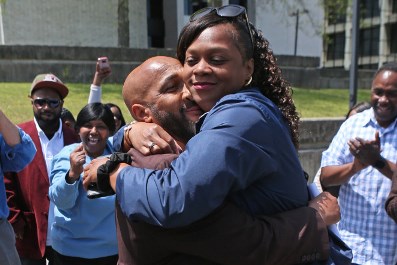
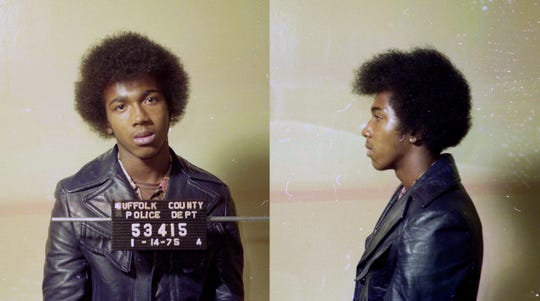
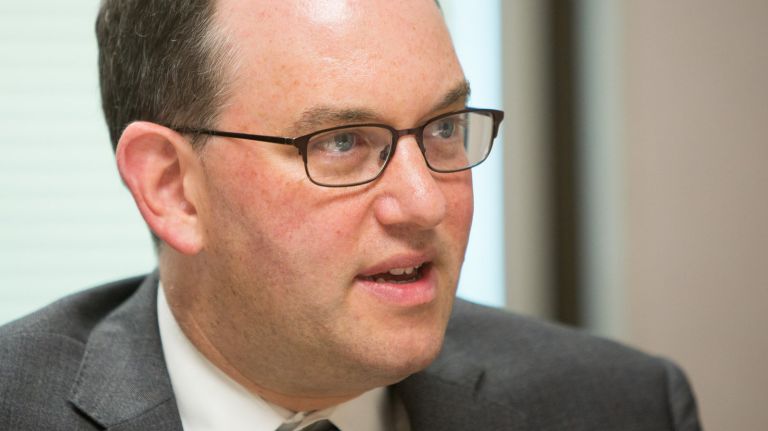
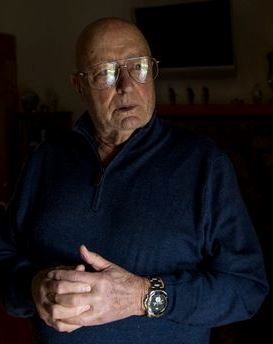
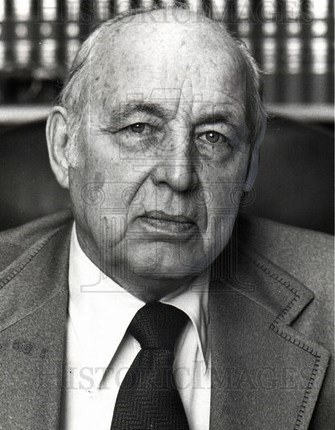
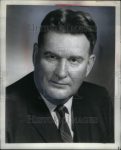
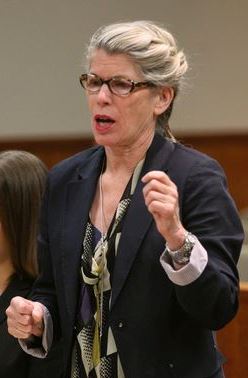
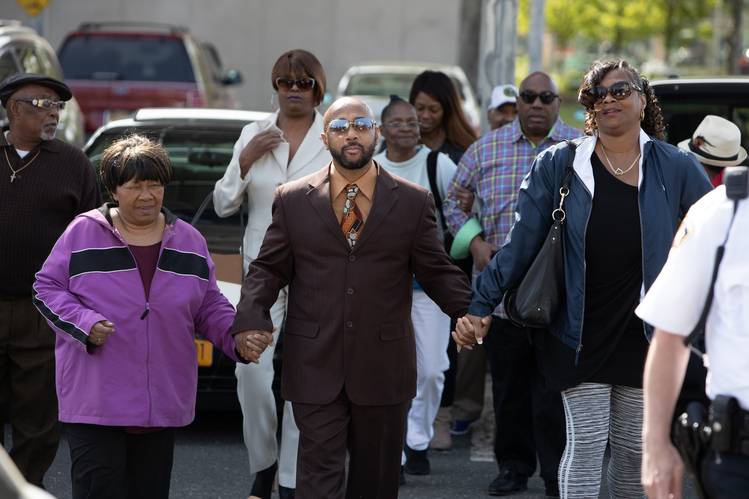
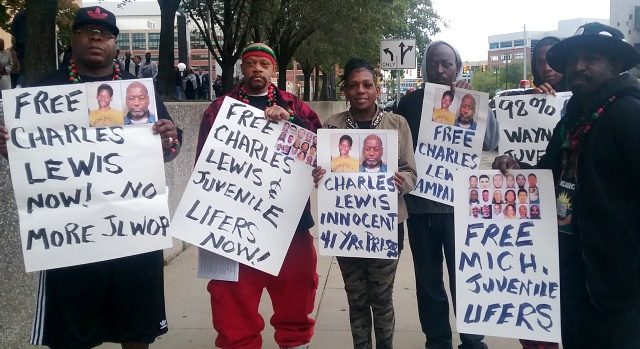
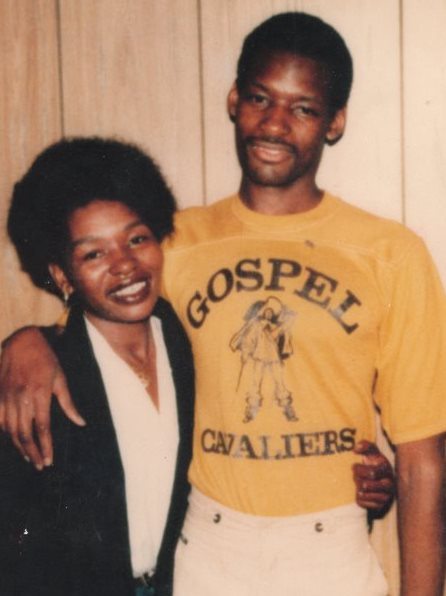
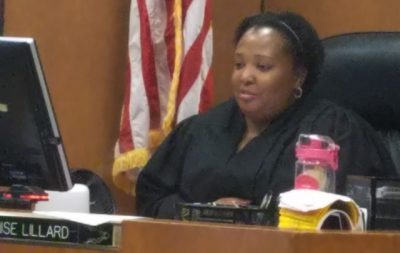
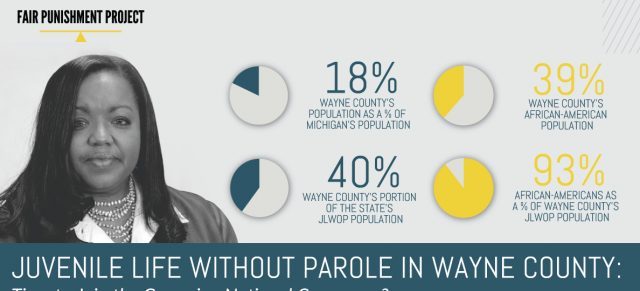

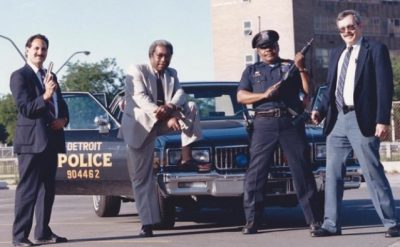
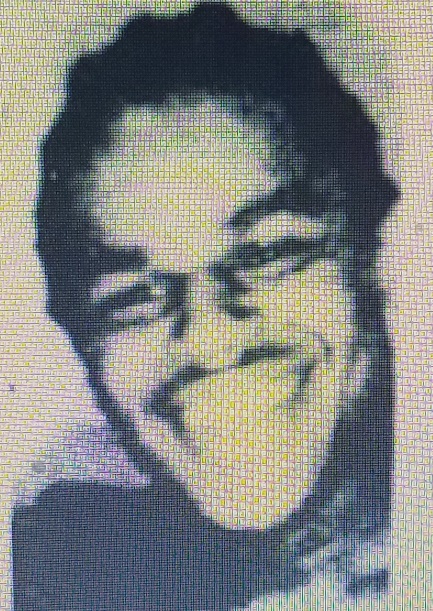

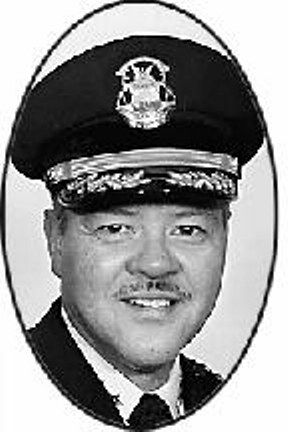
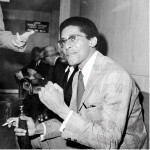
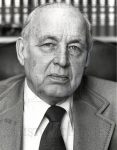

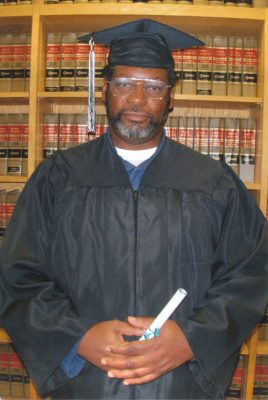
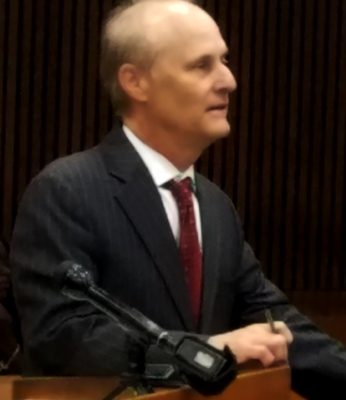
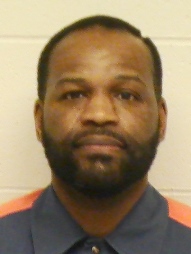
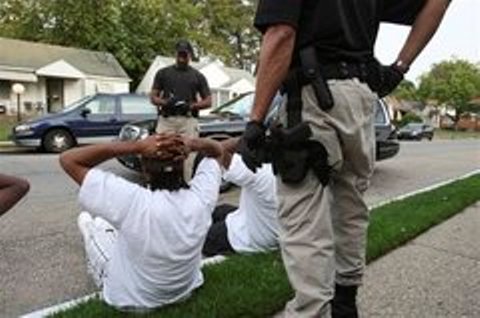
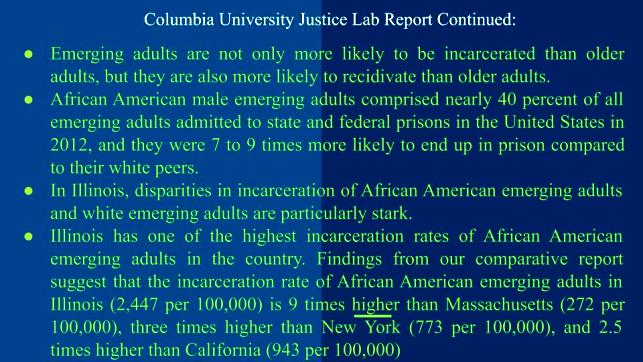
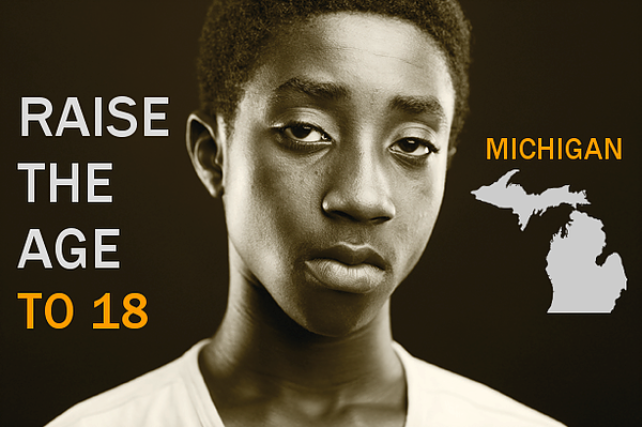 The four states still setting the bar at 17 for juvenile offenders—Georgia, Michigan, Texas and Wisconsin, have now had legislation introduced that would raise the age. Other advocates are looking overseas at countries such as the Netherlands, where the juvenile jurisdiction age is 23.
The four states still setting the bar at 17 for juvenile offenders—Georgia, Michigan, Texas and Wisconsin, have now had legislation introduced that would raise the age. Other advocates are looking overseas at countries such as the Netherlands, where the juvenile jurisdiction age is 23.
